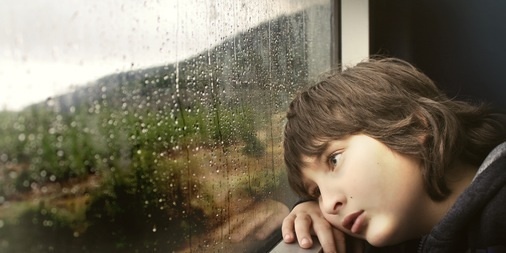The symptoms of depression in children vary. It is often undiagnosed and untreated because they are passed off as normal emotional changes that occur during growth. The primary symptoms of depression are sadness, a feeling of hopelessness, and mood changes.
Signs and symptoms of depression in children include:
- Irritability or anger
- Continuous feelings of sadness and hopelessness
- Social withdrawal
- Increased sensitivity to rejection
- Changes in appetite — either increased or decreased
- Changes in sleep — sleeplessness or excessive sleep
- Vocal outbursts or crying
- Difficulty concentrating
- Fatigue and low energy
- Physical complaints (such as stomach aches, headaches) that don’t respond to treatment
- Reduced ability to function during events and activities at home or with friends, in school, extracurricular activities, and in other hobbies or interests
- Feelings of worthlessness or guilt
- Impaired thinking or concentration
- Thoughts of death or suicide
How to distinguish between normal ups-and-downs and depression
There are ways to tell the difference between normal ups and downs and the beginnings of a more serious emotional health problem. The signs to look out for include a low mood and unhappiness, with tearfulness or irritability that may not be related to anything specific. If a young person cannot function at school and has lost interest in things they were previously interested in, it is a sign they are suffering from depression. Also increasing social isolation is another indicator something is wrong.
Supporting a child with depression
The first place to start if you suspect your child is suffering from depression is to talk things through with them and be supportive. A relationship with a caregiver is vital for a child and they need to feel supported and loved in an unconditional way.
If you are still concerned, your first port of call should be your local GP they can sign post you to talking therapies such as cognitive behavioural therapy which is a type of talking therapy that is usually prescribed to treat depression. Only in severe cases will they suggest a course of medication such as anti-depressants.
Remember that if you suspect your child is suffering from depression it’s not the end of the world and there is help available. Talking things through and being supportive as family members will go a long way to help the child through to recovery.

